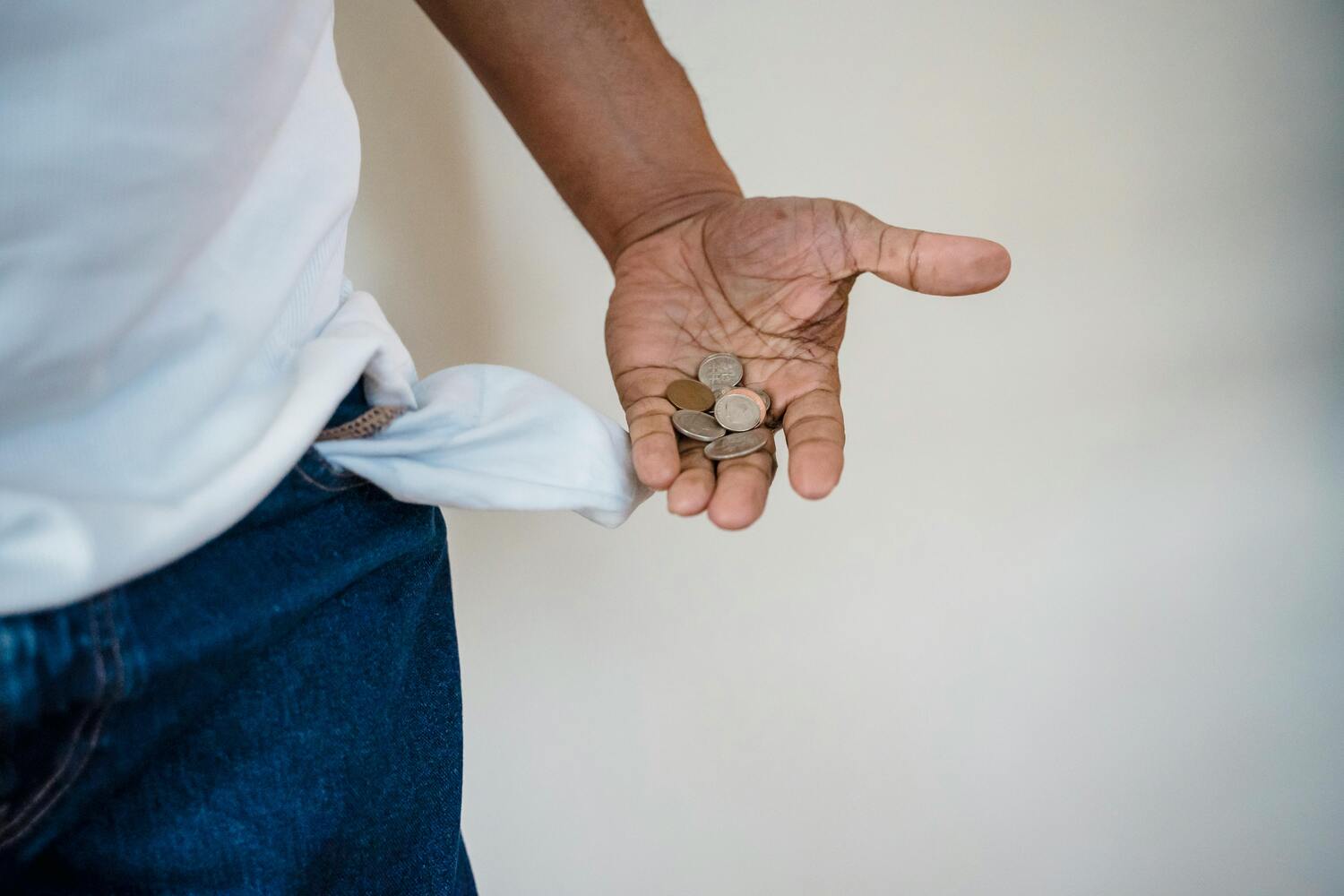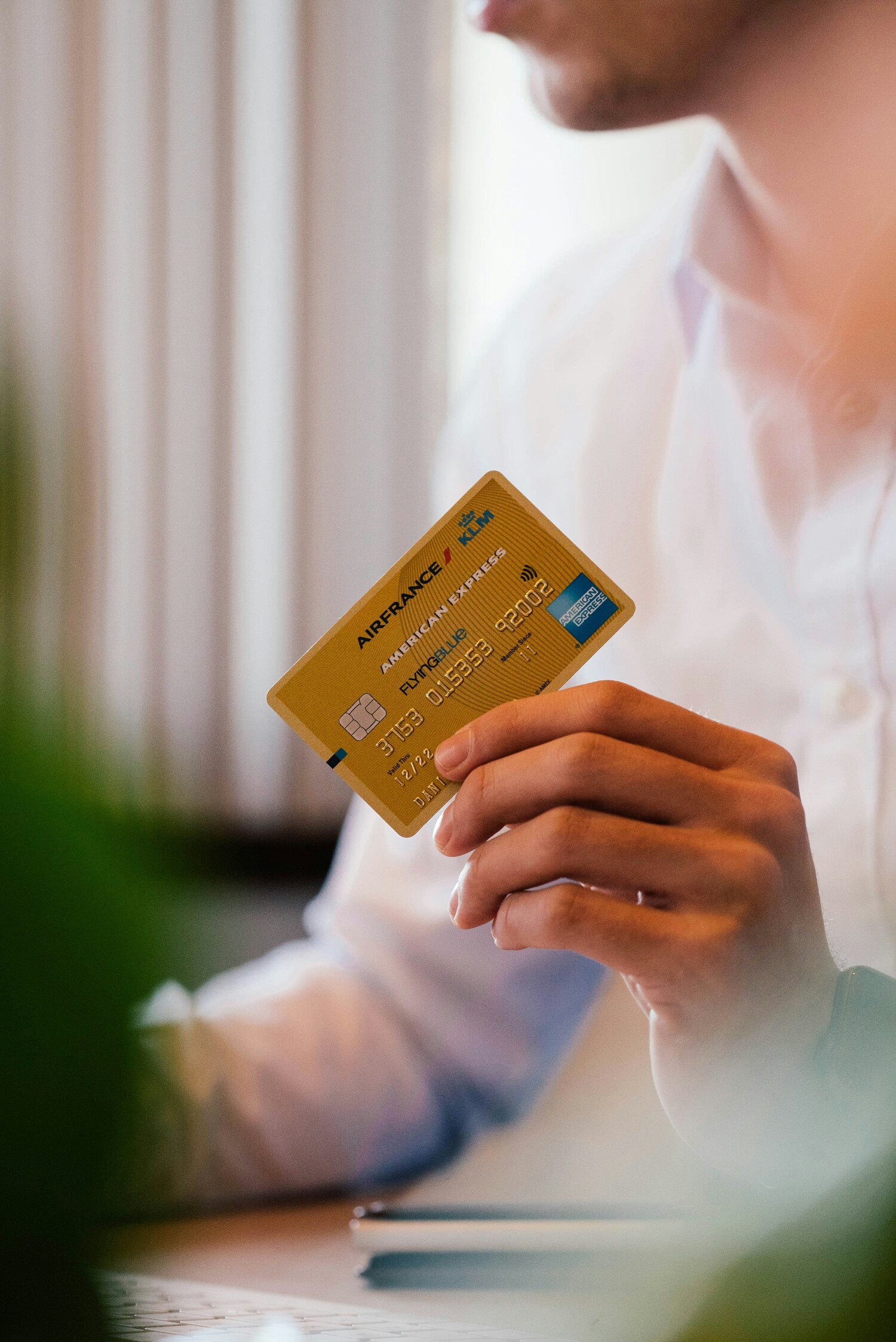

Debt is not seen as a final resort. Right now, it’s rebranded as alternative, self-care, and empowerment. Bank card commercials present smiling {couples} shopping for new furnishings, college students “investing” of their future with large loans, and influencers flaunting luxurious holidays made doable by “versatile fee choices.” In the meantime, banks and fintech apps pitch you extra credit score as in the event that they’re handing you the keys to your greatest life.
However this freedom is an phantasm and a really worthwhile one at that. Behind the shiny advertising lies a harsh actuality: debt doesn’t liberate most individuals. It quietly enslaves them. It guarantees flexibility however delivers stress. It seems like entry, however features like a leash. If you happen to’ve ever felt the crushing nervousness of a minimal fee that hardly makes a dent, or when you’ve woken up questioning the way you owe a lot for thus little, you already know. The promise of freedom by means of debt is a lie.
How They Promote You the Chains
Debt doesn’t really feel like a lure when it’s first supplied. It seems like a chance. That’s by design. Entrepreneurs know the psychology: we’re extra seemingly to purchase when a product feels emotionally affirming. And few issues are extra affirming than the concept you deserve one thing now, even when you can’t afford it but.
Bank card firms, pupil mortgage officers, and “buy now, pay later” apps body their merchandise as instruments for upward mobility. They don’t say, “Tackle danger.” They are saying, “Take management.” They don’t promote the rates of interest; they highlight the reward factors, cashback, and aspirational way of life that comes with utilizing their companies.
You’re not borrowing; you’re constructing. You’re not spending; you’re investing. It’s monetary gaslighting at scale. Essentially the most harmful half? It really works. Tens of millions enroll believing they’ve taken a savvy step ahead. However the phrases are sometimes buried in tremendous print, and the true value solely turns into clear when the promotional charges expire or an emergency derails your fee plan.
When Debt Turns into a Life-style, Not a Software
There’s nothing inherently evil about credit score. In emergencies or for main life milestones, borrowing may be strategic. However that’s not how most individuals use it. Over time, debt transforms from a short lived resolution right into a everlasting crutch. Month-to-month funds grow to be normalized. Curiosity turns into background noise. You cease noticing the long-term influence as a result of it’s been cleverly damaged into smaller, manageable chunks.
Carrying a stability isn’t a crimson flag anymore; it’s a lifestyle. For a lot of, the purpose isn’t to be debt-free—it’s to keep up a ok credit score rating to maintain borrowing. The irony? You grow to be most worthwhile to lenders whenever you’re simply financially steady sufficient by no means to default, however not so steady that you simply cease needing them.
The Emotional Weight of “Freedom”
Debt marketed as freedom doesn’t simply distort your funds. It distorts your mindset. Whenever you imagine that freedom means “entry to cash” fairly than “possession of your cash,” you grow to be simple to govern. You’re inspired to assume short-term: Can I afford the month-to-month fee? As a substitute of asking the true query: is that this financially sustainable?
This distorted sense of freedom usually results in guilt and confusion. You obtain what the system informed you to purchase. You adopted the steps—credit score rating, school mortgage, starter dwelling with a 30-year mortgage—and nonetheless really feel behind. You’re not “unhealthy with cash.” You got a damaged map.
And when you’re busy juggling funds, the system earnings. Banks put up document earnings. Purchase-now-pay-later firms appeal to billion-dollar valuations. CEOs get bonuses. And also you get rewarded with one other credit score improve as when you’ve received one thing.

The Value of Chasing What You Already Personal
True financial freedom doesn’t come from leveraging debt. It comes from escaping the necessity for it. However right here’s the onerous half: that type of freedom isn’t glamorous. It means saying no when others say sure. It means delaying gratification in a tradition that tells you the longer term can wait. It means opting out of the race to maintain up since you’re enjoying a unique recreation altogether.
You don’t want a luxurious automotive, the newest telephone, or a designer purse to show your price. And also you don’t have to finance these issues to really feel achieved. The richest individuals you’ll ever meet usually drive modest vehicles and say not more than they are saying sure.
Reclaiming Freedom On Your Phrases
Getting out of debt or refusing to depend on it’s an act of quiet rebel in a tradition that worships consumption. It received’t really feel empowering at first. It’d really feel boring, even backward. However month by month, the trade-offs grow to be price it.
Think about your cash being yours once more. Think about incomes curiosity as a substitute of paying it. Think about not needing credit score to qualify for the life you need since you’ve already funded it.
This type of freedom doesn’t include a flashy advert marketing campaign. It comes from budgeting, saving, and investing. From dwelling under your means. From studying to say, “I can afford it, however I don’t want it.” It’s not flashy. Nevertheless it’s actual.
So, What Now?
If you happen to’ve been bought the parable that debt is a stepping stone to independence, it’s not your fault. However it’s your duty to problem that narrative now that you simply see it clearly.
Ask your self:
-
Is that this debt enhancing my life or prolonging the phantasm?
-
Who earnings most from my taking over this mortgage or credit score supply?
-
What would monetary peace seem like for me with out comparisons?
These are uncomfortable questions. However they’re the one ones that lead you to precise freedom, not the type you’re marketed, however the sort you earn.
Have you ever ever taken on debt that felt empowering at first however ended up costing you greater than you anticipated? What modified your perspective?
Learn Extra:
Why Many Millennials Will Die With Debt—And Be Blamed for It